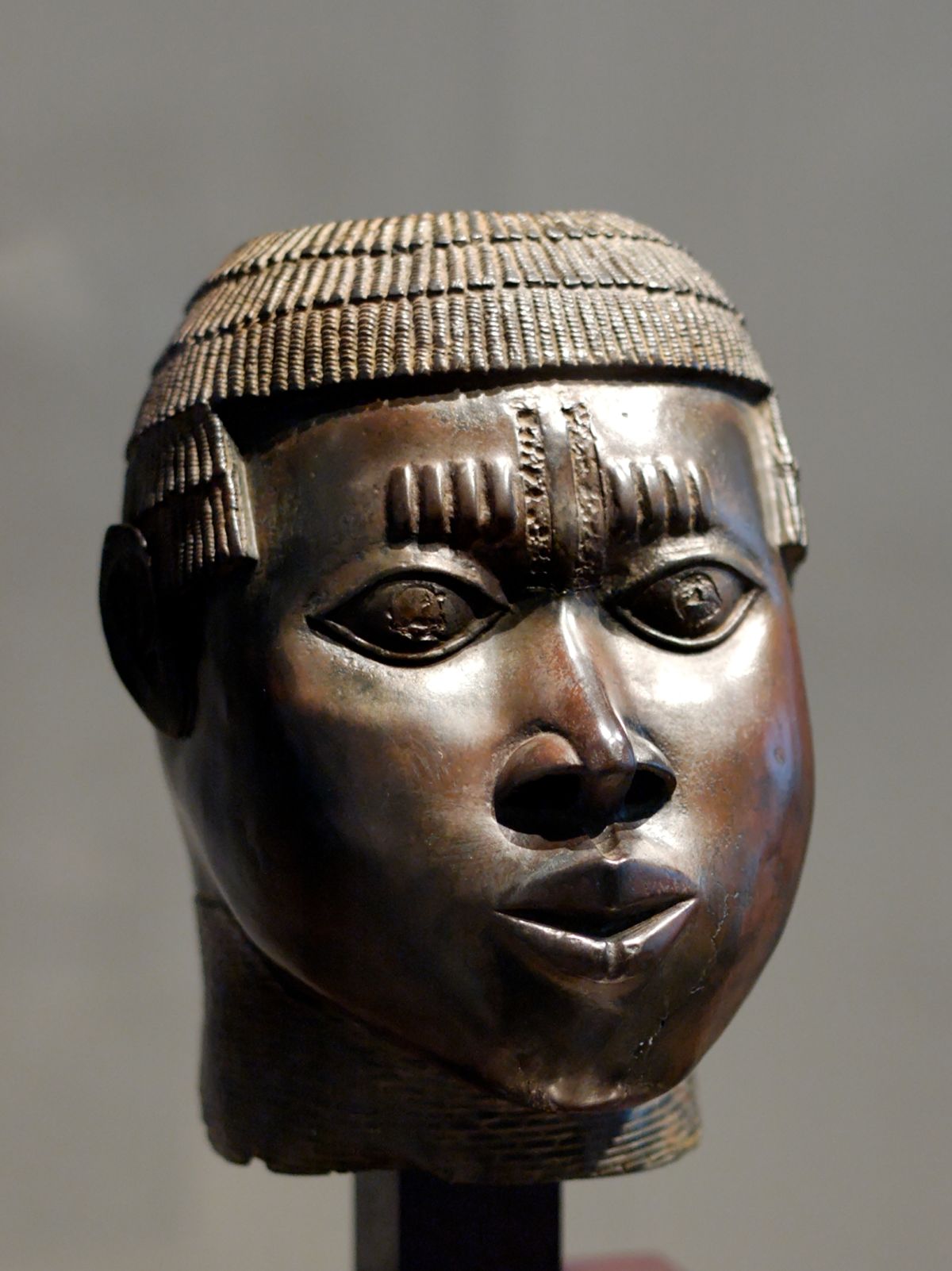Colonial Museums in the 21st Century
By Joe Manock

‘I understand, why I went cold, people over a hundred years ago were using those items and their spirit still carries on.’
The man behind these words is Donald Bob, an Aborigine speaking to a room packed with journalists during a repatriation ceremony at the Manchester Museum. Bob is recounting the moment he prised open a dust-covered box of scared items stolen long ago. Whilst visiting a storeroom in a British museum, Donald felt he was reconnected to an eternal spirit. Such a feeling will sound alien to most Westerners, yet Donald’s words were utterly moving and made the powerful effects of repatriation clear.
The conversation surrounding where museum collections belong is growing louder and louder. The conversation is long overdue. Activists argue museums born of empire should be decolonised. Decolonisation refers to the need for museums to clearly state how they benefitted from their colonial and racist past. It also relates to the assessment of power imbalances via repatriation.
In 2017 Emmanuel Macron skyrocketed the debate into the mainstream. Macron said, “I am from a generation of the French people for whom the crimes of European colonialism are undeniable and makeup part of our history.
“I want the conditions to be created for the temporary or permanent restitution of African patrimony to Africa.”
In the Marvel blockbuster Black Panther, Eric Killmonger, corrects the snobby museum curator of the Museum of Great Britain on the provenance of an axe: “It was taken by British soldiers in Benin, but it’s from Wakanda. Don’t trip – I’m gonna take it off your hands for you.”
When the woman replies that the axe is not for sale, Killmonger responds, “How do you think your ancestors got these? Do you think they paid a fair price? Or did they take it, like they took everything else?”
A British museum returning stolen artefacts at the request of indigenous Australians. A French president seeking redemption for the crimes of European colonialism. A Marvel blockbuster making 1$ billion in 26 days while critiquing the colonial museum. Are we witnessing a cultural shift in how museums interact with their imperialist pasts?
Not quite. In Britain, progress has been patchy. Whilst university museums, such as Manchester and Edinburgh, have embraced the movement to return stolen objects. Much of the sector lags behind, sinking into a quagmire of inaction. The opening account of Donald Bob’s spiritual reunion is an example of few and far between.
In 2018, the governor of Easter Island tearfully begged the British Museum to return its Moai statue: “You have our soul,” she said. Visitors to the British Museum do not possess an intimate spiritual connection with the statues of Easter Island, passers-by see only a beautifully carved stone. Why deny those from Easter Island the connection they so deeply desire? The Museum could accept the Island’s offer of a freshly carved replacement, with little consequence except, perhaps, a loss of the statue’s aura. Which is a small price to pay, all things considered.
The British Museum has dismissively brushed aside recent pleas from Greece regarding the return of the Parthenon Marbles. The institution’s rejection of compassion has proved it to be a cavalier, cocksure bully: reactionaries still rejoice in imperial splendour. No colonial museum has the right to reject claims to stolen objects.
A common fear voiced against decolonisation is that it will trigger a ‘race to the bottom’, the endgame of which being the extinction of collections. This will not happen. Not everyone is asking for their property back and plenty of museum collections weren’t stolen. Museums will continue to thrive if they confront their past. All too often in Britain, repatriation debates are about loss. Instead, they should be focused on what there is to gain: fresh insights, deeper understanding, and a sense of global connectedness.
Those keen to protect the imperial loot of museums often fall back on the global institution argument. The artefacts they display are the common property of mankind and make up the tapestry of world culture. Only robust and long-standing institutions can preserve and contextualise such a delicate tapestry, so the argument goes. The global custodian argument doesn’t hold up. If context really matters, why not return the Pantheon Marbles to their original home?
All too often, this rosy promise goes unfulfilled. Museums fail to communicate that behind beautiful objects lies trauma. Museums sanitize the pages of history. They deny and forget. This occurs through how objects are described and classified, the luxuriousness of the building and the decision process behind what’s on display and what’s hidden. In order to survive the 21st century, colonial museums must engage with their imperial legacies properly.







